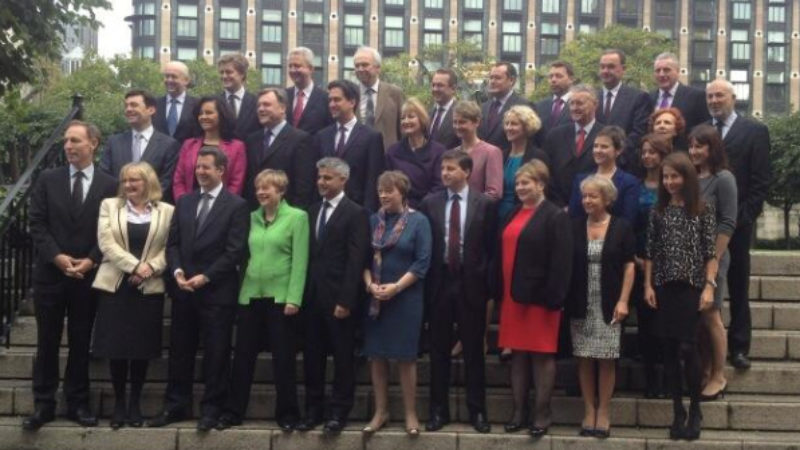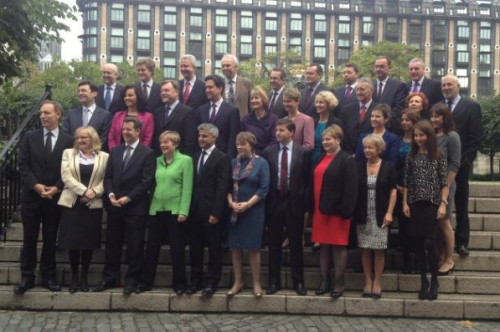

Yesterday, we looked at LabourList readers’ expectations for next year’s general election. If, as they seem to predict, Labour end up in power, who are the favourites for the top jobs?
We carried out two full shadow cabinet rankings this year, one in July and one in November, plus a different one for conference.
Overall, Andy Burnham appears to be the darling of the grassroots, overwhelmingly topping all three surveys. In July Burnham had a positive net score of 78%, in November it was +80%, and 56% of readers said he had the best conference.
Being the shadow health minister must surely be helpful in his continuing popularity, especially as Labour have said the health department will be ringfenced from spending cuts after the election – meaning Burnham can concentrate on the kind of policy issues that many Labour activists care most about.
Ed Balls’ brief means a greater focus on fiscal responsibility and the kinds of policies that are less popular with the grassroots. This could well explain his appearance in the bottom three in both July and November (although he performed well at conference). Ivan Lewis and Tristram Hunt joined him in the bottom three both times.
New Scottish Labour leader Jim Murphy received an average score in July, getting a +13% rating. On the back of his high profile campaigning in September’s referendum, however, he jumped up to third place for the conference rankings – this signalled a boost in his popularity that secured his victory in the leadership election.
The other most popular shadow cabinet members this year were Yvette Cooper and Hilary Benn, who both times made up the top three places. Sadiq Khan, Angela Eagle and Jon Cruddas also featured highly both times.
We also asked about Ed Miliband’s performance twice, once in August and once after the supposed coup to replace him last month.
In August, 31% of readers said he was doing a good job, 18% a very good job, and 29% that he was doing okay. A total of 22% said he was doing poorly or very poorly.
In November, those numbers had barely changed at all: 33% said he was doing a good job, 18% a very good job, and 24% an okay job. A total of 26% said he was doing poorly or very poorly.
We also tracked the race for London Mayor twice, once in June and once in December.
The first survey was carried out shortly after the impressive London results in the local and European election and saw Sadiq Khan, whose role in organising London campaigning had been praised, finish top with 22%.
Six months down the line, and Khan has been one of the candidates most unwilling to talk about his potential mayoralty ambitions. Meanwhile, David Lammy, Tessa Jowell and Diane Abbott have all said that they will run. This silence seems to have hurt Khan, who has dropped to fourth.
In the most recent survey, Tessa Jowell holds a lead with 19%, followed by Abbott on 14%, Margaret Hodge on 13% and Khan on 12%.
With neither Khan or Hodge declared, has their desire to wait until after the election harmed them? In September 32% of LabourList readers said they would rather candidates made their intentions clear sooner rather than later.




More from LabourList
‘Labour is being badly misled on housing’
Reeves bets on patience over populism
‘Energy efficiency changes must work for older private renters’